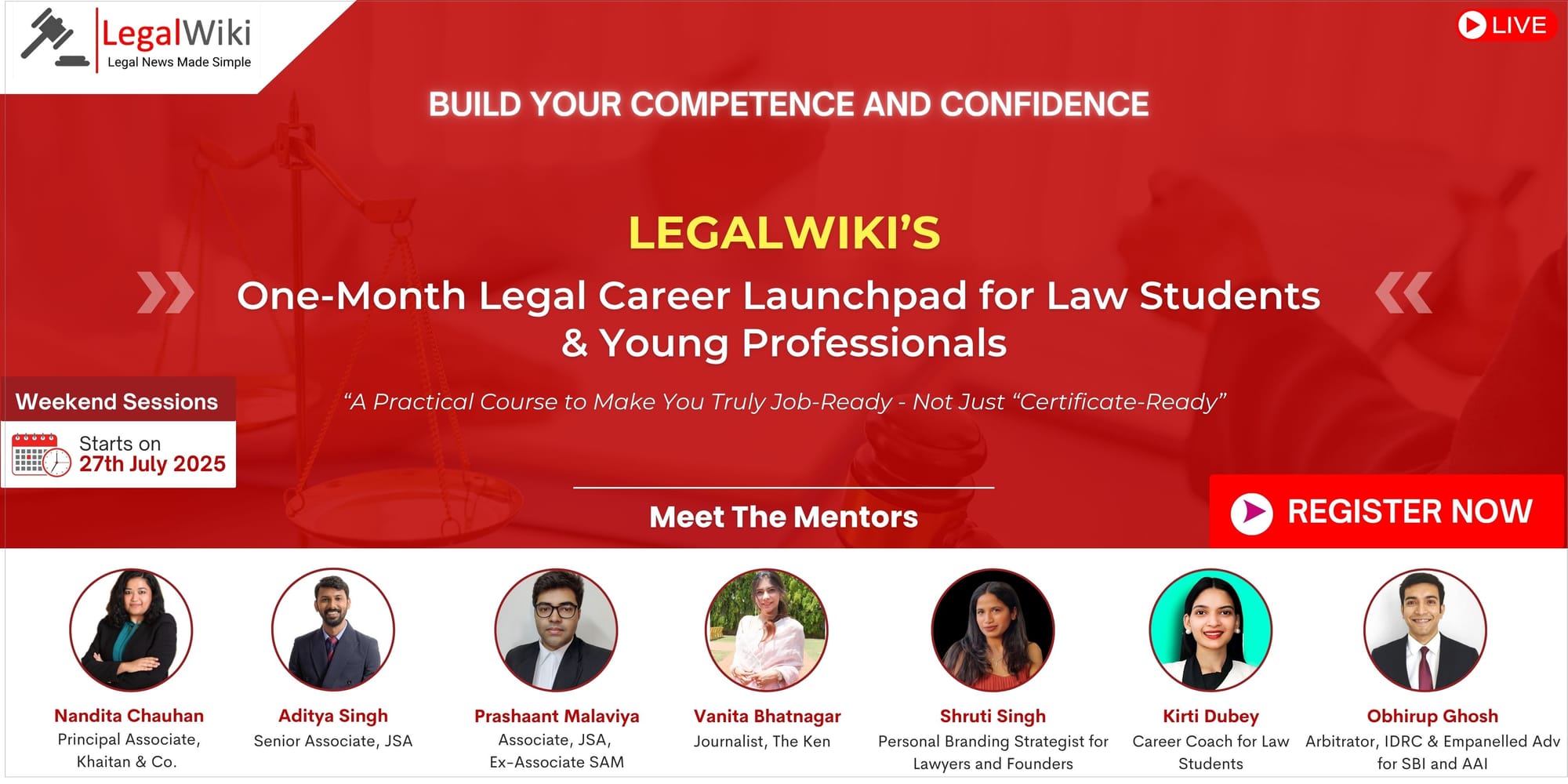
Madras High Court Orders MeitY to Remove Intimate Images of Woman Advocate Within 48 Hours
The Madras High Court has directed the Union Ministry of Electronics and Information Technology (MeitY) to remove private, intimate images and videos of a woman advocate uploaded online by her former partner without her consent.
The court ordered the ministry to comply within 48 hours and file a report by July 14. The recordings, secretly captured during a college relationship and later shared via porn sites, social media, and messaging apps, caused severe mental trauma to the Victim.
Justice Venkatesh remarked, “What if this woman lawyer had been my daughter?” He emphasised that preserving human dignity is imperative.
The court also suo motu impleaded the Director General of Police to coordinate with MeitY and improve awareness and rapid action protocols among law enforcement.
AsleshaBookmark

Kerala High Court Quashes KEAM 2025 Entrance Exam Results, Cites Bias Against CBSE & ICSE Students
The Kerala High Court has cancelled the 2025 KEAM entrance exam results, holding that the new weightage formula for marks standardisation unfairly favoured state board students over those from CBSE and ICSE.
Justice D.K. Singh noted that the revised formula, based on Tamil Nadu’s model, skewed results and denied equal opportunity. The Court directed authorities to issue a fresh rank list using the earlier uniform method.
The Kerala government has moved a division bench in appeal. With counselling set to begin soon, the verdict has created uncertainty over engineering and architecture admissions this year.
AsleshaBookmark
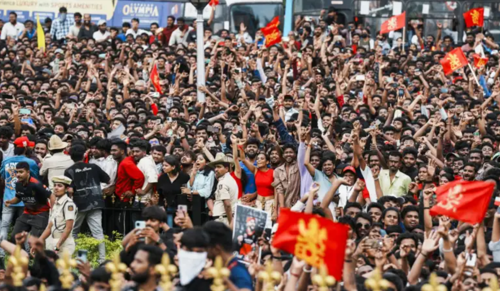
RCB Moves Karnataka High Court Against CAT Order Blaming it for Chinnaswamy Stampede
Royal Challengers Bengaluru (RCB) has filed a petition in the Karnataka High Court challenging adverse observations made by the Central Administrative Tribunal (CAT) over the June 4 stampede outside Chinnaswamy Stadium, which left 11 dead and over 50 injured.
CAT had held RCB “prima facie responsible” for failing to obtain timely State permissions for the celebration event, impacting police preparedness.
RCB contended that it was not a party to the CAT proceedings and was denied a hearing, violating natural justice. The petition urges the Court to expunge these remarks as non-binding.
The matter is listed for hearing on July 9. (Royal Challengers Sports Private Limited v. Mr. Vikash Kumar Vikash & Others)
MalavikaBookmark
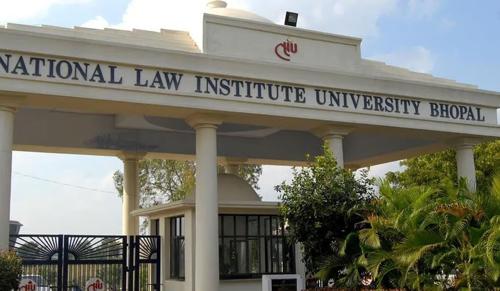
No Substitute for Physical Classes, MP High Court Upholds BCI's 65% Attendance Rule
The Madhya Pradesh High Court, while hearing a plea by an NLIU Bhopal student debarred for low attendance, held that physical classes are essential and video conferencing must remain an exception rather than the rule.
The student challenged the validity of the attendance regulation prescribed by the BCI, Rule 12 of the BCI Legal Education Rules and Rule 7 of NLIU’s 2023 Ordinance.
The Court emphasised that legal education requires classroom engagement and universities cannot dilute the Bar Council of India’s mandatory attendance rule of 65%, even in special cases.
The bench granted limited interim relief, allowing the student to attend classes. The matter is listed for further hearing on July 7, 2025. (Anupama Alice Minj Vs NLU, Bhopal)
7 days ago
MalavikaBookmark

Bombay High Court Dismisses PILs Challenging Bal Thackeray Memorial at Shivaji Park
The Bombay High Court dismissed petitions challenging the construction of a memorial for Bal Thackeray at Shivaji Park in Dadar.
PIL challenged the 2017 decision to convert the Mayor’s Bungalow and an adjacent green plot at Shivaji Park, Dadar, into a memorial for Bal Thackeray, allocating ₹100 crore and granting a long-term lease.
A Division Bench upheld the state government's and BMC’s discretion, noting that all required approvals, including land re-zoning under the MRTP Act and NOCs from the Mumbai Heritage Conservation Committee in 2018 and 2020, were duly obtained.
The court dismissed the petitions, clearing the path for the memorial’s construction and funding as planned.
MalavikaBookmark
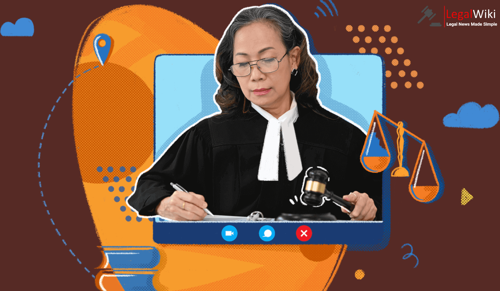
Delhi High Court Criticizes Lawyer for Attending Virtual Hearing from Park
The Delhi HC reprimanded a female lawyer for appearing via video conference from a park, emphasising that the decorum to be maintained in virtual court appearances should be the same as physical courts.
The court clarified that the VC facility was meant for lawyers to appear from their offices, not public places. While refusing to mark the lawyer’s presence, the Court proceeded with the bail matter, noting that the litigant should not suffer on account of such fault.
Justice Girish Kathpalia reminded bar associations to sensitise their members about proper conduct during virtual hearings, observing that previous similar directions had not been followed.
MalavikaBookmark
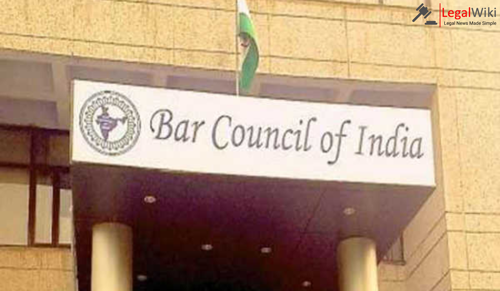
BCI Warns unauthorised Top Law Universities Against Offering Online/Hybrid LL.M Degrees
The BCI is in the process of issuing notices to top law universities, including NLU Delhi, IIT Kharagpur, Jindal Global University and NLIU Bhopal, for offering LL.M degrees through online or hybrid modes without the approval of the BCI.
The BCI clarified that those degrees are not valid for jobs, research, judicial services and academic posts and directed the universities to immediately suspend these programmes.
Only classroom-based LL.M courses with BCI approval are recognised in India.
To raise awareness, the BCI is in the process of issuing a national advisory to warn students, legal institutions and government departments to disregard such LL.M. degrees as qualifications.
MalavikaBookmark
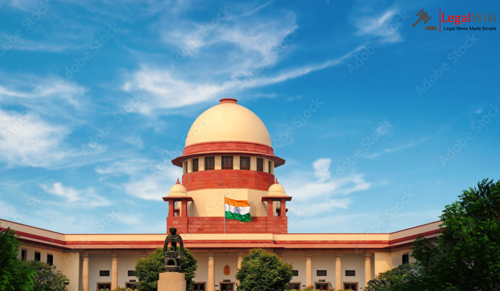
Supreme Court Refuses to Intervene in Disciplinary Proceedings Against Former Nagaland Judge
The Supreme Court refused to accept the plea of former Nagaland judge Inalo Zhimomi regarding the disciplinary actions taken against him for the supposed misappropriation of ₹14.35 lakh in bail surety deposits.
Zhimomi had previously obtained anticipatory bail and sought some form of relief from departmental action initiated by the Guwahati High Court.
The bench ruled that the Supreme Court would not sit in appeal over disciplinary matters and encouraged Zhimomi to defend himself in the ongoing inquiry.
The case emerged from an FIR alleging some form of irregularities together with conspiracy; however, Zhimomi claims that he raised concerns regarding certain procedures well before this case surfaced. The court allowed him to withdraw his petition with liberty to seek High Court review.
MalavikaBookmark
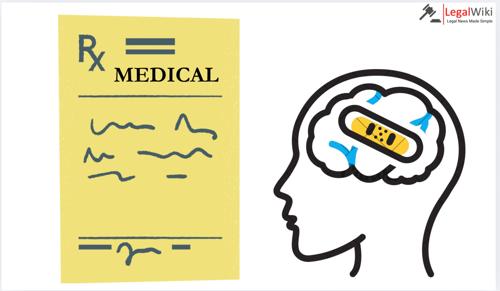
Mentally Disabled Children of Govt Servants Entitled to Family Pension Without Income Proof: Madras High Court
The Madras High Court held that mentally disabled sons or daughters of deceased government servants are entitled to family pension upon submitting a medical certificate, without needing an income certificate.
Citing Article 21 of the Constitution and Rule 54(6) of CCS (Pension) Rules, the court held that pension is a right, not charity. The court directed authorities to act swiftly and compassionately.
The court also addressed delays in a similar case involving a former judge’s daughter whose pension has been pending since early 2024, urging immediate pension disbursal. (The Principal Accountant General (A&E) v. A.V. Jerald & Ors)
AsleshaBookmark

Supreme Court Issues Comprehensive Guidelines for the Retention and Destruction of Administrative Records
The Supreme Court of India has issued structured guidelines for the retention and destruction of non-judicial records under administrative purview, addressing a gap left by the Supreme Court Rules, 2013, and the 2017 Office Procedure Handbook.
The rules cover institutional decisions, financial files, and internal orders, specifying timelines ranging from 3 months to permanent preservation. Key branches like Admin I, Accounts, Vigilance, and Protocol now follow detailed retention schedules. Records under litigation or audit are exempt from destruction.
The new framework ensures digital preservation with registrar approval and mandates disposal during court recess to minimise disruption, modernising judicial administration under Articles 145 and 146 of the Constitution.
AsleshaBookmark

Madras High Court Upholds SBI’s Cancellation of Appointment Over Poor CIBIL Scores
The Madras High Court upheld State Bank of India’s decision to cancel a candidate’s appointment due to poor CIBIL history, emphasising that financial discipline is critical in banking roles involving public funds.
Justice N. Mala held that SBI's eligibility clause, disqualifying candidates with adverse credit records under Clause 1(E), was reasonable. The petitioner, selected as a circle-based officer (CBO), had nine irregular credit facilities and multiple defaults.
Citing Article 14 and rejecting discrimination claims, the Court emphasised that only applicants with clean credit histories were appointed, upholding SBI’s prudent decision. (P Karthikeyan v. The General Manager and Others)
AsleshaBookmark
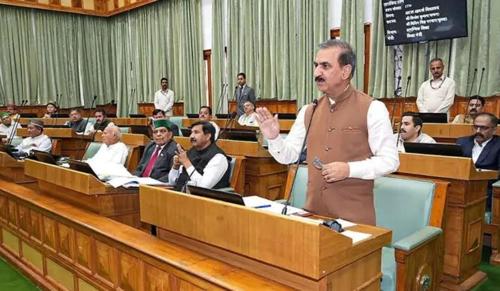
President Approves Himachal Bill Mandating Govt Sanction Before Arresting Public Servants
The President of India has granted assent to the Himachal Pradesh Police (Amendment) Bill, 2024, which mandates that no police officer can arrest a public servant for acts committed in their official role without prior state government sanction.
The bill amends Section 65 of the Himachal Pradesh Police Act, 2007, aiming to protect officials from “fear-based hesitation,” as per CM Sukhvinder Singh Sukhu.
The bill also reforms recruitment and complaint authority mechanisms. The assent follows Supreme Court guidance in April 2024 on timelines for presidential assent.
AsleshaBookmark
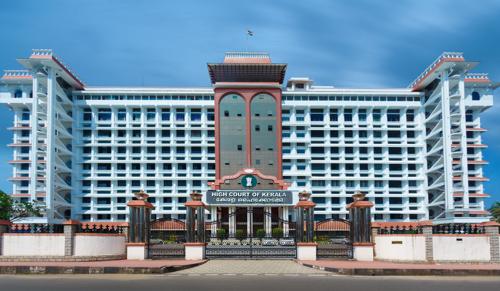
Kerala High Court: IGNOU Degree Valid for SET, No Need for Extra Certificate
The Kerala High Court has held that a master’s degree from IGNOU, a UGC-recognised central university, is valid for the State Eligibility Test (SET) and does not require an additional equivalency certificate.
The case involved S. Harisankar, whose SET certificate was withheld due to a lack of a state equivalency certificate despite passing the exam in July 2021.
The Court held that insisting on such certificates “would be the end of the education system” and struck down Clauses 2.2 & 5.6(a) of the SET prospectus as ultra vires.
The LBS Centre for Science and Technology was directed to issue the SET certificate immediately. (Harisankar S. v. State of Kerala & Ors.)
AsleshaBookmark
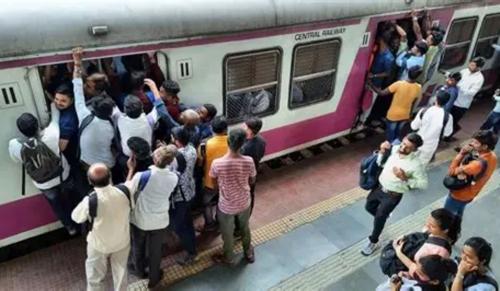
Bombay High Court suggest Railways to Install Automatic Doors After Mumbai Local Train Deaths
The Bombay High Court expressed alarm over frequent deaths caused by falls from overcrowded Mumbai local trains, urging Central Railways to consider installing automatic closed doors to prevent such tragedies.
The concern arose after 13 passengers fell near Mumbra on June 9, killing 4 and injuring 9. The Court noted that around 10 people die daily in train-related incidents.
The court found that current safety measures are insufficient, like platform dividers and reducing platform gaps.
The bench also directed that citizen suggestions be considered by the Railways' committee formed under the Zero Deaths Mission. The matter will be heard again in due course.
PrakshaalBookmark
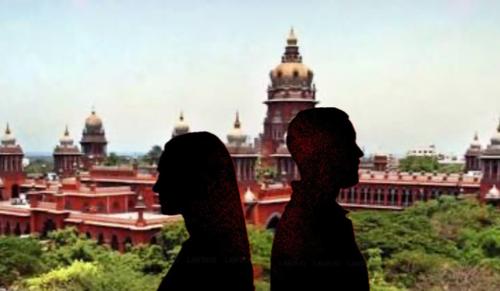
Matrimonial Dispute Qualifies as ‘Misconduct’ Under TN Service Rules: Madras HC Allows Disciplinary Action
The Madras High Court has held that involvement in a matrimonial dispute can amount to “misconduct” under Rule 17(b) of the Tamil Nadu Government Servants’ Conduct Rules, 1973.
A division bench reversed a single judge’s order that allowed a dental assistant to continue employment despite his arrest under Sections 498A and 406 IPC.
The Court held that, as per Article 300, government servants are expected to maintain integrity in both public and private life, and that personal issues can justify disciplinary action.
The court emphasised that departments may initiate proceedings under Rule 17(b) when private conduct undermines public confidence
AsleshaBookmark
